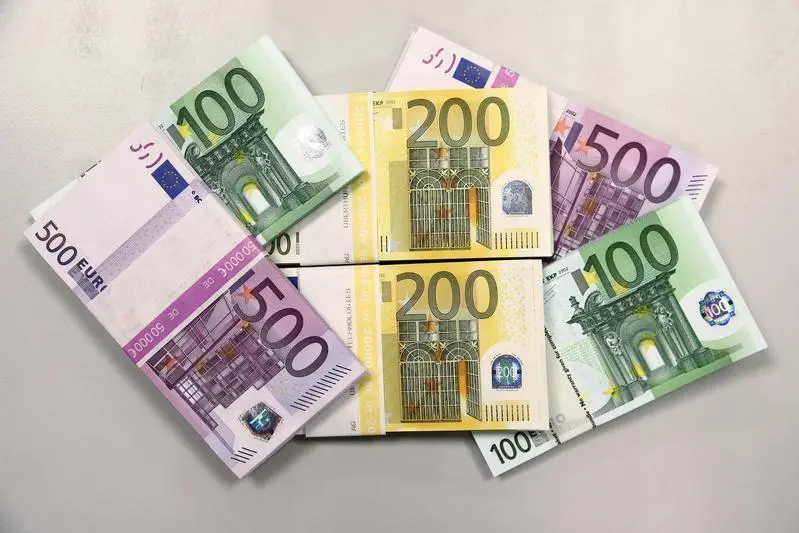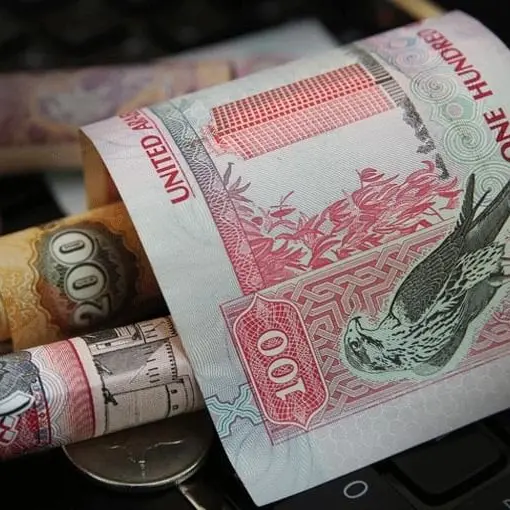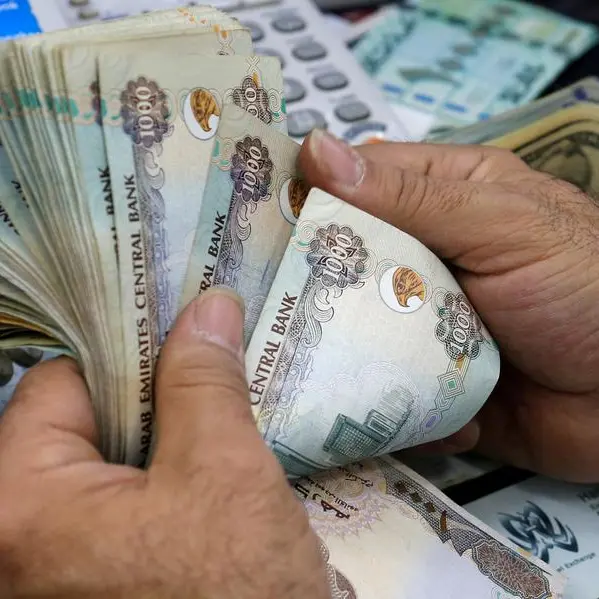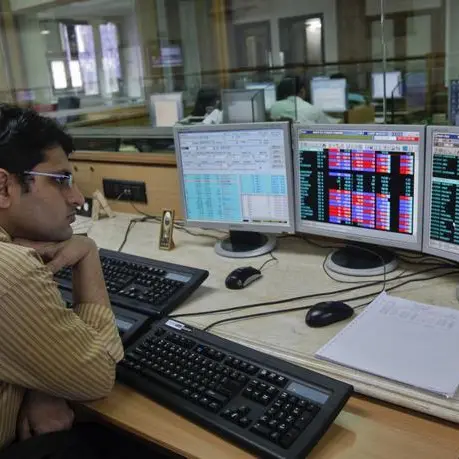PHOTO
German government bond yields edged lower on Tuesday, although not far from multi-year highs, while concerns about the impact on the global economy of pandemic restrictions in China continue to weigh on risk sentiment.
Investors are still focused on monetary policy expectations ahead of the U.S. Federal Reserve meeting next week, while also watching for European Central Bank officials' signals.
World shares steadied, but China's blue chip index fell another 0.8% after its worst day in two years on Monday, even as the central bank vowed to step up prudent monetary policy support.
Germany's 10-year government bond yield, the benchmark of the bloc, fell 1 basis point (bps) to 0.84%, after falling 11.5 bps the day before. On Monday it also hit its highest since June 2015 at 0.974%.
The European Central Bank should raise interest rates soon and has room for up to three rises this year, ECB policymaker Martins Kazaks told Reuters, joining a chorus of policymakers calling for a swift exit from stimulus.
ECB President Christine Lagarde has recently kept a non-committal tone, while saying she sees a strong chance of a rate hike this year.
"Madame Lagarde has generally maintained a data-dependent gradual approach. She hasn't been very explicit in her pushback (against market expectations about rate hikes)," Rohan Khanna, fixed income strategist at UBS, said.
"It's an open question if three rate hikes over four ECB policy meetings when inflation is at 8 per cent is gradual or not," he added. "At the moment, the market has no reason to scale back pricing about future ECB rate hikes."
Money markets continue to price in more than 80 bps of ECB interest rate rises by year-end.
"With stagflation fears already looming large in view of the Fed/ECB zero-tolerance approach on inflation, China's zero-tolerance on Covid is dealing another blow to growth expectations, which weighs heavier than the accompanying upside risks to (core) inflation," Commerzbank analysts said.
Harsh restrictions in China have begun to spread to Beijing, where more than a dozen buildings have been locked down, as concern grows about the economic damage of the shutdown of Shanghai.
A key market gauge of long-term inflation expectations in the euro zone dropped to 2.37% after hitting its highest in a decade at 2.4514% last week.
After falling 10 bps on Monday, Italy's 10-year government bond yield rose 1 bps to 2.587%, with the spread between Italian and German 10-year yields widening 4 bps to 175 bps.
The spread between French and German 10-year yields rose 1 basis point to 48 bps, after last week's tightening ahead of last Sunday's vote when Emanuel Macron won the runoff of the presidential elections.
"Political uncertainty is still not over with June elections deciding whether he (Macron) will have parliamentary backing for his policy agenda," Citi analysts said.
(Reporting by Stefano Rebaudo; Editing by Bradley Perrett and Alexander Smith)





















